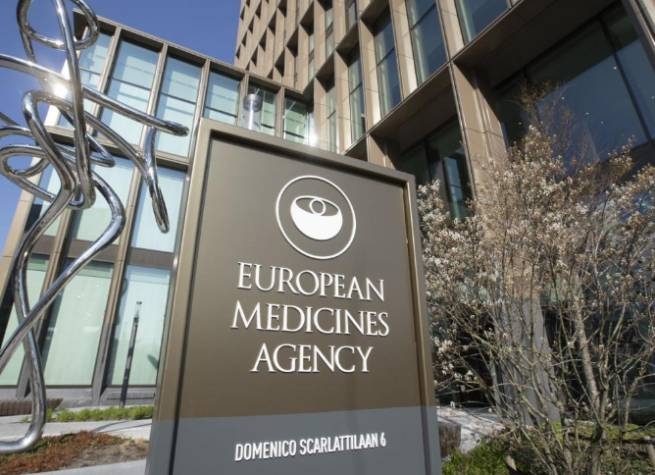A long overdue major pharmaceutical reform is coming in the European Union.
Yesterday, long-awaited proposals to reform pharmaceutical legislation were presented, the main goals of which are to reduce drug prices, prevent shortages of certain drugs and stimulate the development of new antibiotics. Stella Kyriakides, European Commissioner for Health, said:
“Over the past ten years, reports of drug shortages, including antibiotics, have increased to tens of thousands.”
The biggest reform of its kind in twenty years is the result of Brussels’ coordinated action during the coronavirus pandemic, which has shown the benefits of joint action and greater transparency.
According to Kyriakides, in the future companies, according to the proposals of the EC, will have to inform earlier about potential shortages of certain medicines and have proposals to prevent shortages. By the end of this year, Brussels plans to draw up a list of essential medicines, the supply of which will be entrusted to manufacturers.
The pharmaceutical industry actively lobbied its interests ahead of the publication of proposals, which was delayed several times. Project details were leaked in February, prompting criticism from companies that exclusive rights to new drugs would be reduced from 10 to 8 years. EFPIA, the European Federation of Pharmaceutical Industries and Associations, has warned that this could slow down innovation.
The European Commission is committed to lowering drug prices and bringing more generic drugs to market, but it has no power to set prices in EU is a privilege of member governments negotiating with pharmaceutical companies. Margaritis Schinas, vice-president of the commission, noted that large EU countries can now receive certain medicines faster than smaller ones:
“We want our citizens across the European Union to have the same level of access to medicines.”
However, a senior EC official noted, these proposals will not fully solve the problem of drug shortages due to a number of factors, including ingredients coming from China and India. To cope with this problem, Brussels has developed a special plan to provide itself with its own raw materials and move more industrial production to Europe.
An important problem is the ever-growing resistance to antibiotics, for this reason 35,000 people die every year in the EU countries. It is worth noting here that the production of antibiotics is not beneficial for pharmaceutical companies, since they must be taken in moderate and fixed quantities, writes Estonian “Postimees”.







More Stories
Greece: growth in deposits from households and businesses in March 2024
How much will it cost a Greek family to celebrate Easter?
EU employment record: Greece "stuck" in a low position